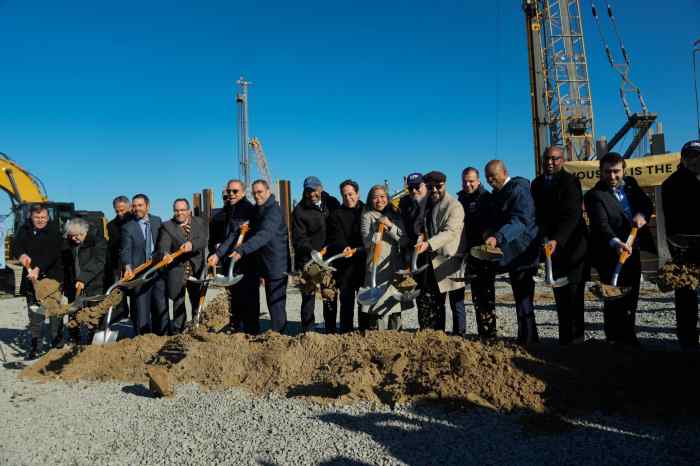By Mark Hallum
Udalls Cove Preservation Committee is offering a reward for information about the burning of an osprey’s nest in the park.
On Sunday, April 24, a group of three youths entered the osprey habitat and set fire to the nest, which may have contained up to three eggs, according to UCPC President Walter Mugdal.
Contributors have raised the reward for information about the fire from $500 to $4,000.
According to Mugdal, witnesses claimed to have seen two boys and a girl in their early teens fleeing from the scene. Another person saw a gray Dodge van parked at a likely point for someone to enter, near the osprey habitat.
Dane Hamilton was walking with his wife when they noticed the teenagers making their getaway on foot, and then saw the blaze.
“It was really heart-wrenching to see these birds flying around trying to get to their nest,” he said. “It’s hard to get your head around what these kids were thinking to just burn down a nest that is likely to have baby birds in it. I just don’t get it.”
Udalls Cove has long nurtured wildlife in the park and accommodated rare species.
In 1997, the UCPC installed a 40-foot platform on which the ospreys could build their nests. It was only a matter of weeks before a pair took up residence there. The two birds would later be moved to a low concrete structure that was installed closer to the water to suit their fish-only diet.
“We have reports that the osprey pair may have taken up residence on an older nest, built atop a nesting platform that UCPC erected in 2004, located a short distance from the concrete structure on which the burned-out nest had been located,” Mugdal said. “We hope the female will lay another clutch of eggs and raise young this year without further disturbance. It is still early enough in the season that this could happen.”
According to Mugdal, the osprey spend six to seven months in Udalls Cove before venturing south in the winter, returning at the end of March.
The osprey is currently recovering from near extinction after a 1971 ban on an insecticide that was causing eggshell thinning and reducing the reproductive output of the species across North America. Long Island hosts an estimated 250 nests according to the New York State Department of Environmental Conservation, and Udalls Cove is one of them. The rare predator birds have been inhabiting the nest that went up in flames for the past three seasons.
Reach reporter Mark Hallum by e-mail at mhall





























